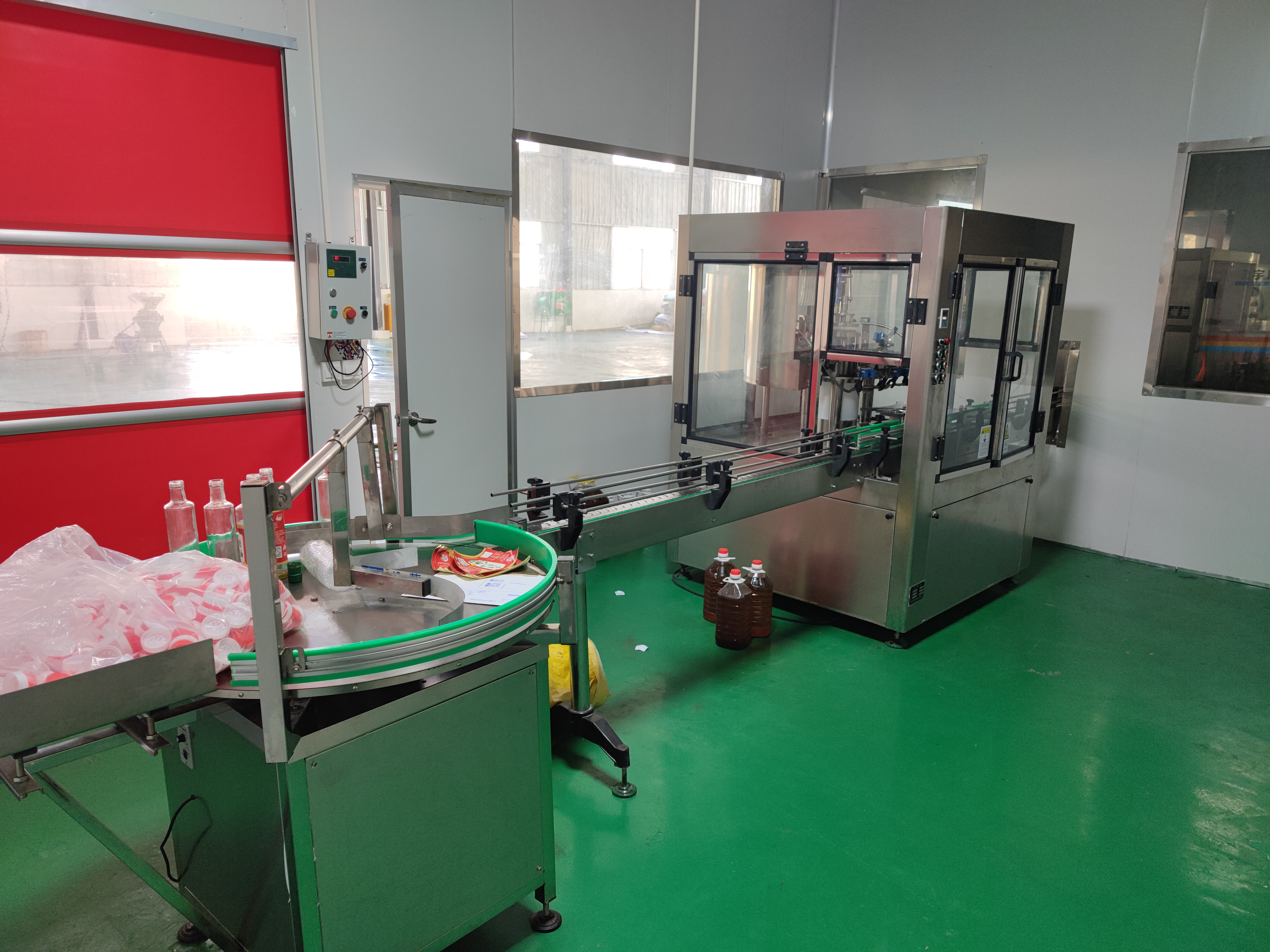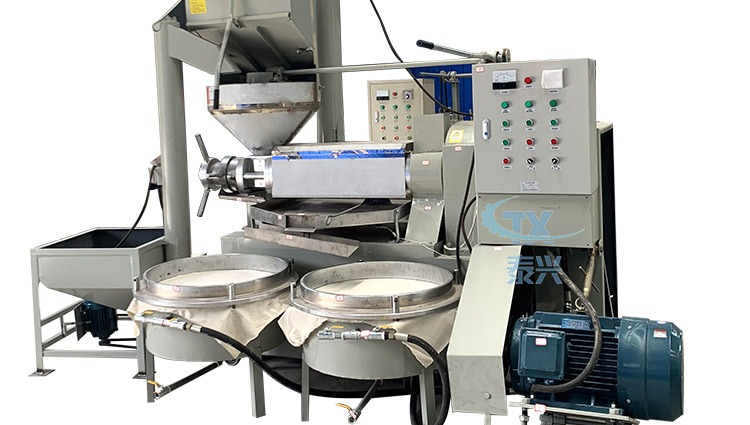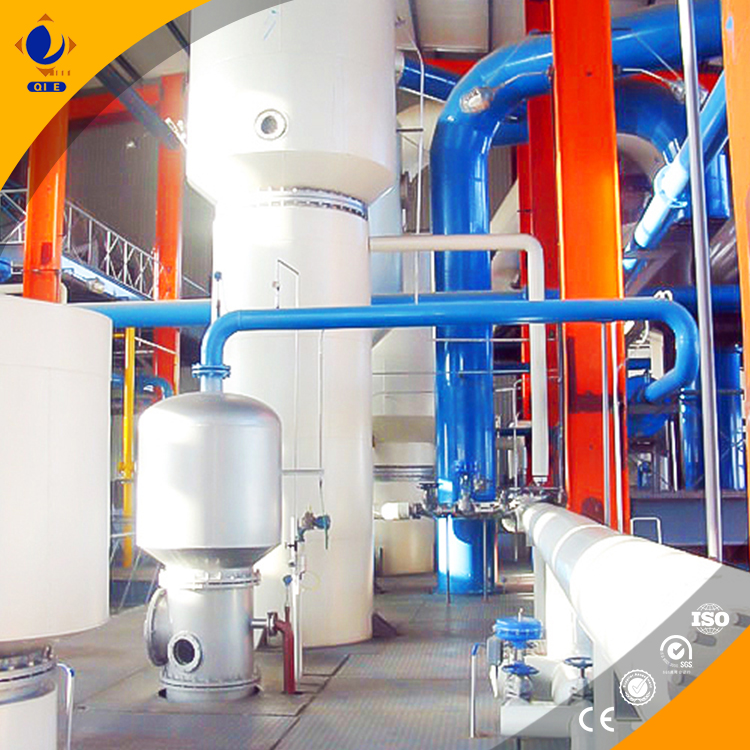
In the highly competitive edible oil industry, maintaining consistent quality and embracing sustainable production methods are more than ambitions — they are imperatives. Traditional peanut oil pressing techniques often struggle with fluctuating oil quality and inefficiencies that hinder green manufacturing goals. However, leveraging full automation in peanut oil extraction equips processors with precise control over every critical parameter, ensuring each batch meets stringent international standards such as ISO and HACCP.
Manual and semi-automatic peanut oil pressing methods frequently lead to variability in oil yield, flavor, and oxidative stability. Common issues include inconsistent temperature control, imprecise pressure application, and human-induced errors during processing. These factors contribute to wider ranges in peroxide values and acid numbers, undermining product shelf life and safety. Without automation, maintaining batch-to-batch consistency remains an uphill battle.
The journey to superior peanut oil begins with sourcing high-grade raw peanuts that comply with international benchmarks for aflatoxin levels, moisture content, and purity. Automated pressing systems complement this by integrating real-time quality data to optimize processing parameters tailored to raw material conditions. This synergy reduces rejection rates and amplifies overall extraction efficiency.
Modern automatic pressing equipment incorporates intelligent temperature, pressure, and timing controls that adapt dynamically during the extraction phase. For example, maintaining an optimal pressing temperature around 80–90°C helps maximize oil yield while preserving flavor and nutritional properties. Simultaneously, consistent pressure ensures stable mechanical extraction without overprocessing the kernels.
| Quality Indicator | Traditional Method | Automated Pressing |
|---|---|---|
| Peroxide Value (meq/kg) | 5.0 - 7.5 | 3.5 - 4.0 (≈30% reduction) |
| Acid Value (mgKOH/g) | 1.2 - 1.8 | 0.8 - 1.0 (≈35% reduction) |
| Oil Yield (%) | 38 - 42% | 44 - 47% (up to 10% increase) |
Essential quality parameters such as peroxide value, acid number, and color parameters must align with global food safety certifications including ISO 22000 and HACCP protocols. Automated systems facilitate continuous monitoring and data logging, enabling transparent traceability and reducing audit complexities. They also enable proactive adjustments to maintain compliance before batches leave the production floor.

Beyond quality, sustainable production is increasingly demanded by global buyers. Automated presses are designed for energy-saving operation modes and minimize waste through optimized batch cycles. Integration of eco-friendly construction materials further reduces the environmental footprint. This results in lower operational costs and enhances brand reputation in environmentally conscious markets.

A leading edible oil processor integrated a fully automated peanut oil pressing system with embedded temperature and pressure controls. Within six months, peroxide values dropped by 30%, acid numbers by 35%, and oil yield increased by nearly 10%. The streamlined quality control enabled the facility to secure ISO 22000 & HACCP certifications with zero nonconformances — dramatically boosting export opportunities.

Ensure every drop of your peanut oil withstands international scrutiny — Discover how automated pressing revolutionizes your production

